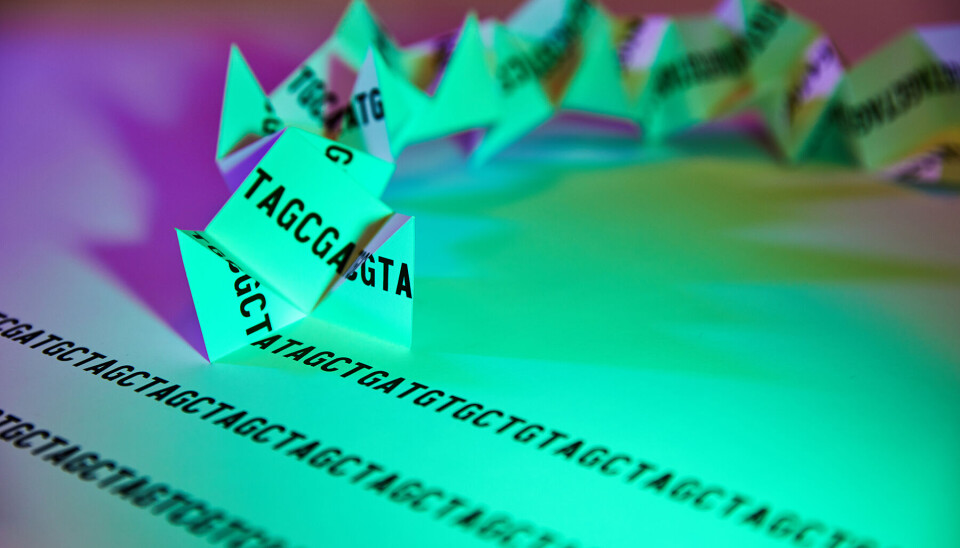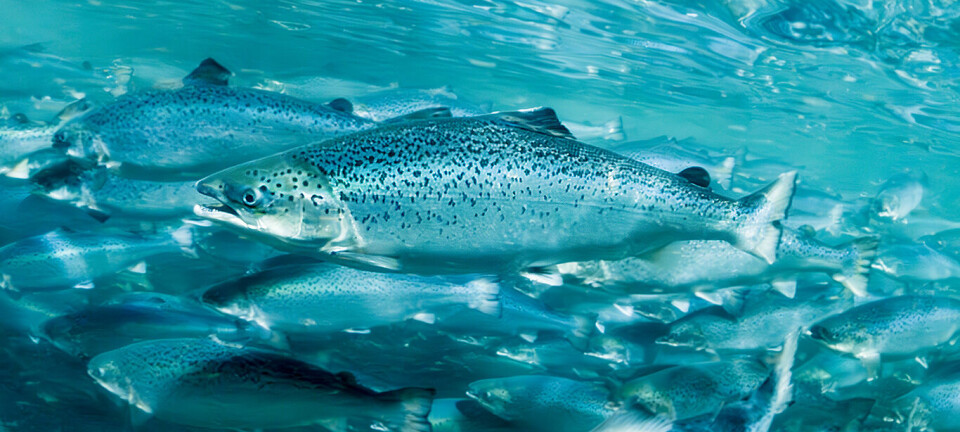
First genomes of Flavobacterium isolated from coho salmon in Chile published
Chilean scientists publish for the first time genomic sequences of six isolates of Flavobacterium psychrophilum, a fact that contributes new knowledge for its study and control.
During the first semester of 2023, the leading cause of infectious mortality in Atlantic salmon and rainbow trout was flavobacteriosis. For coho salmon, the disease caused by Flavobacterium psychrophilum was the second leading cause of infectious mortality.
Genetic studies suggest that there are specific genotypes of the bacteria for certain fish species, especially coho salmon. To date, the analyzed isolates of this fish species are limited and none are from Chile.
However, Chilean scientists from Andrés Bello University, Incar Center, and FAV published for the first time the preliminary genomic sequences of six isolates of F. psychrophilum recovered from sick coho salmon from two Chilean farming centers.
Thus, this study provides the first detailed insights into the genomic characteristics of this fish pathogen recovered from a host with limited information and cultured in Chile.
The information published in the journal Microbiology Resource Announcements details that the genome assemblies varied from 50 to 119 contigs and from 2,694,356 to 2,736,257 bp with a G+C content of 32.5%.
Then, the in silico genome analysis discovered genes associated with secretion systems, including type I and type IX secretion systems (T1SS and T9SS, respectively), systems associated with the bacterium's virulence. However, experts did not find genes associated with antibiotic resistance.
In conclusion, the researchers noted that the current study “provides comprehensive initial information on the genomic characteristics of F. psychrophilum isolates from farmed coho salmon in Chile, with more details on the virulence potential scheduled for future publication”.
Read the publication titled “Draft genome for Flavobacterium psychrophilum isolates from diseased coho salmon (Oncorhynchus kisutch) in Chile”, here.





































